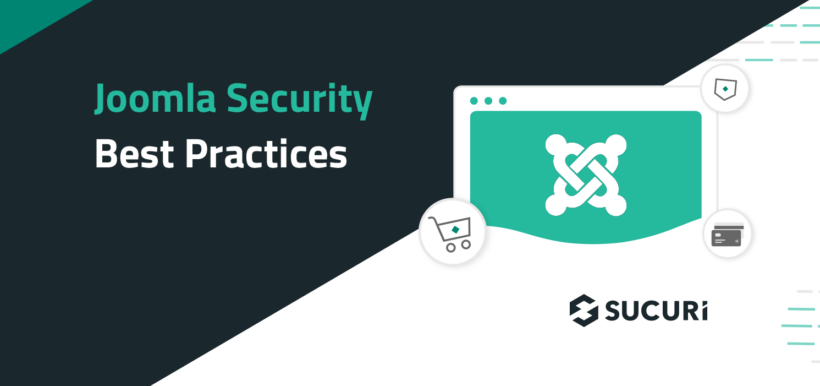How to Secure Your Joomla Website
Running a Joomla website can be an exciting journey, but it’s essential to prioritize security to protect your site from potential threats. In this article, we’ll explore some key steps you can take to secure your Joomla website and keep your data safe.
Keep Joomla Updated
One of the most crucial steps in securing your Joomla website is to keep the platform, as well as all plugins and extensions, updated. Developers often release updates to patch known security issues, so keeping your website up to date is crucial. Check for updates regularly and install them promptly to stay protected.
Use Strong Passwords
Another simple yet effective way to enhance your Joomla website’s security is to use strong, unique passwords for all user accounts. Avoid using common passwords like “password123” or “admin” and consider using a password manager to generate and store complex passwords securely.
Enable Two-Factor Authentication
Two-factor authentication adds an extra layer of security to your Joomla website by requiring users to verify their identity through a second method, such as a text message or app. Enable two-factor authentication for all user accounts to reduce the risk of unauthorized access.
Limit User Permissions
Limiting user permissions can help minimize the impact of a security breach on your Joomla website. Only grant necessary permissions to users based on their roles and responsibilities, and regularly review and update permissions to ensure they align with your site’s security requirements.
Enable SSL Encryption
Secure Sockets Layer (SSL) encryption encrypts data transmitted between a user’s browser and your Joomla website, making it more challenging for hackers to intercept sensitive information. Enable SSL on your website to protect user data and build trust with your visitors.
Backup Regularly
Regular backups are essential for securing your Joomla website in case of a cyberattack or data loss. Backup your website and database regularly, and store backups in a secure location that is separate from your primary server to ensure you can quickly restore your site if needed.
Monitor Website Activity
Monitoring your Joomla website’s activity can help you detect and respond to suspicious behavior promptly. Utilize security monitoring tools to track user activity, monitor file changes, and receive alerts for potential security threats so you can take action before they escalate.
Implement Security Extensions
Consider installing security extensions on your Joomla website to enhance its security features. Extensions like firewalls, malware scanners, and security auditors can help you identify and fix vulnerabilities, protect against cyber threats, and strengthen your website’s overall security posture.
Stay Informed About Security Best Practices
Lastly, staying informed about security best practices and trends in the Joomla community is essential for keeping your website secure. Follow Joomla’s official blog, forums, and social media channels to stay updated on the latest security threats, patches, and recommendations to protect your website effectively.
By following these tips and implementing robust security measures, you can enhance your Joomla website’s security and protect it from potential threats. Remember, proactive security measures are key to safeguarding your data and ensuring a positive experience for your website visitors.
